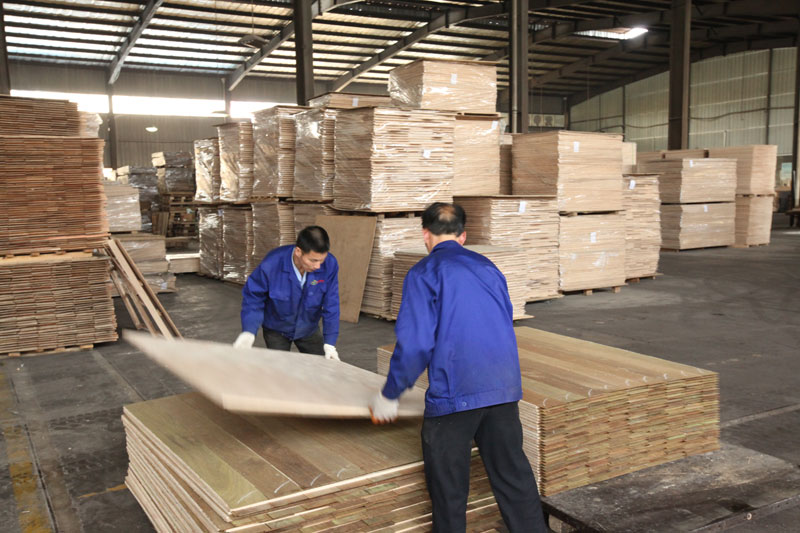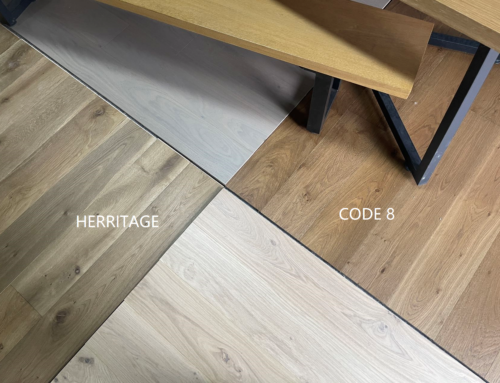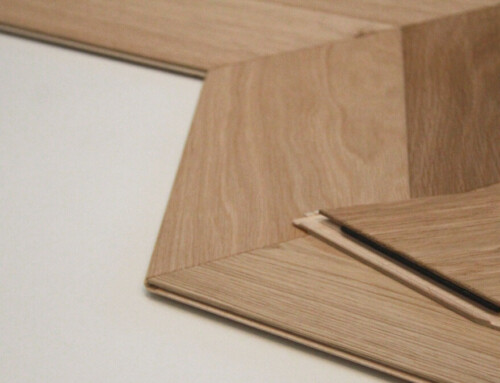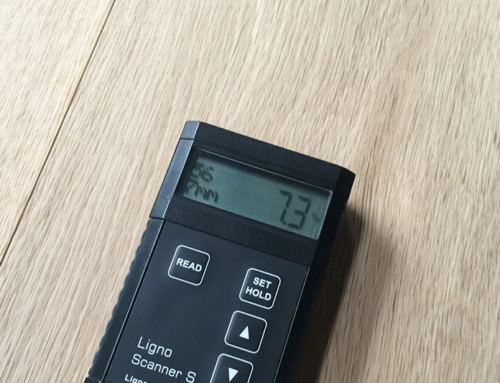China has always been known as a Mecca in the engineered wood flooring industry because of their quick turnarounds and quality product all at a very affordable price. Recent exposes about formaldehyde being found in Chinese-produced bamboo floors and wood being illegally harvested and certified have soured the public’s opinion a bit. The old saying is that 5% of the problem shouldn’t affect 95% of the industry though and although there are some ‘bad apples’ in the Chinese flooring market, many quality ones very much still exist. Until the fly-by-night manufacturers get weeded out, customers should follow these tips to know 100% that their Chinese engineered wood flooring is safe and of the highest quality.
Veneer Quality
High-quality factories have a large quantity of veneer stock available across a wide range of grades. The veneer is inspected and sorted into the different grades for convenient selection and order picking. All the harvesting and background information on these pieces are readily available which is ideal compared to some factories which only buy veneers on the market or from other factories – thus putting the integrity of the stock at risk.
Plywood Quality
Moisture Balance
The reason that engineered wood floors must be acclimated to room temperature before installation is because of their internal moisture composition. Products which are incredibly wet will swell, bow, and crack when they adjust to room temperature. Beyond that though, the key point to remember with moisture is balance. What acclimation does is level the amount of moisture coming in with the moisture going out. Therefore flooring providers who have an ideal balance on their products to begin with (8-11%) will provide a better installing plank on the back end.
Gluing and Press

Another thing to ask potential flooring suppliers in China is how the inner layers of their product is put together. One of the biggest areas where toxins can be released is with how the layers of plywood are formed together. A quality factory will test the product for it’s CARB rating (reduced emissions) as well as testing the flooring for delamination. The product should be tested both before and after it is glued and pressed. Speaking of pressing, it’s also important to ask whether the layers are hot or cold pressed together. Heat pressed flooring has a tendency to bow after installation because of all the dimensional changes the product has undergone in the manufacturing process.
Defects Repair
While some small knots and holes add to the natural look of wood, top grade materials are intended to be smooth and defect free. Factories will repair these imperfections before manufacturing the flooring and how they do so is important. For example, quality factories will use an epoxy resin that is durable and unnoticeable compared to a wood powder that can collapse and compromise the surface of the flooring.
Tongue and Groove Quality
Lacquer Coating
The lacquer coating on the flooring not only provides the layer of gloss which affects the floor’s looks, it also serves as a protective surface. It’s important to know what type of lacquer coating the factory is using (recommended Germany Treffert 7 Layer) so that the floor is scratch-resistant and impervious to UV damage. Lacquers have ratings that include the adhesive level, hardness, and anti-scratch qualities.
Packing
It doesn’t make sense to take the time to manufacture quality flooring if it is just going to be damaged in shipping. Top notch manufacturers will package their product with paper cartons and durable sides to resist damage and hot shrink to protect against moisture. Pallets should also be used for easy loading and unloading in the warehouse.
Delivery Time
Another thing to look into is estimated delivery times of the product. While there is some leeway between when people are shopping for flooring and the actual installation, it’s still best to minimize that wait time just in case. A quality factory will have a large volume of material on hand for production, especially when a ‘rush’ is needed for shortages or emergency jobs.
Prices
Finally, you want to look for a flooring company that will be your partner, keeping an open line of communication and operating with your best interests in mind. There are some real inferior manufacturers out there, but sifting through the rubble to find a quality provider is worth the extra time and effort.







